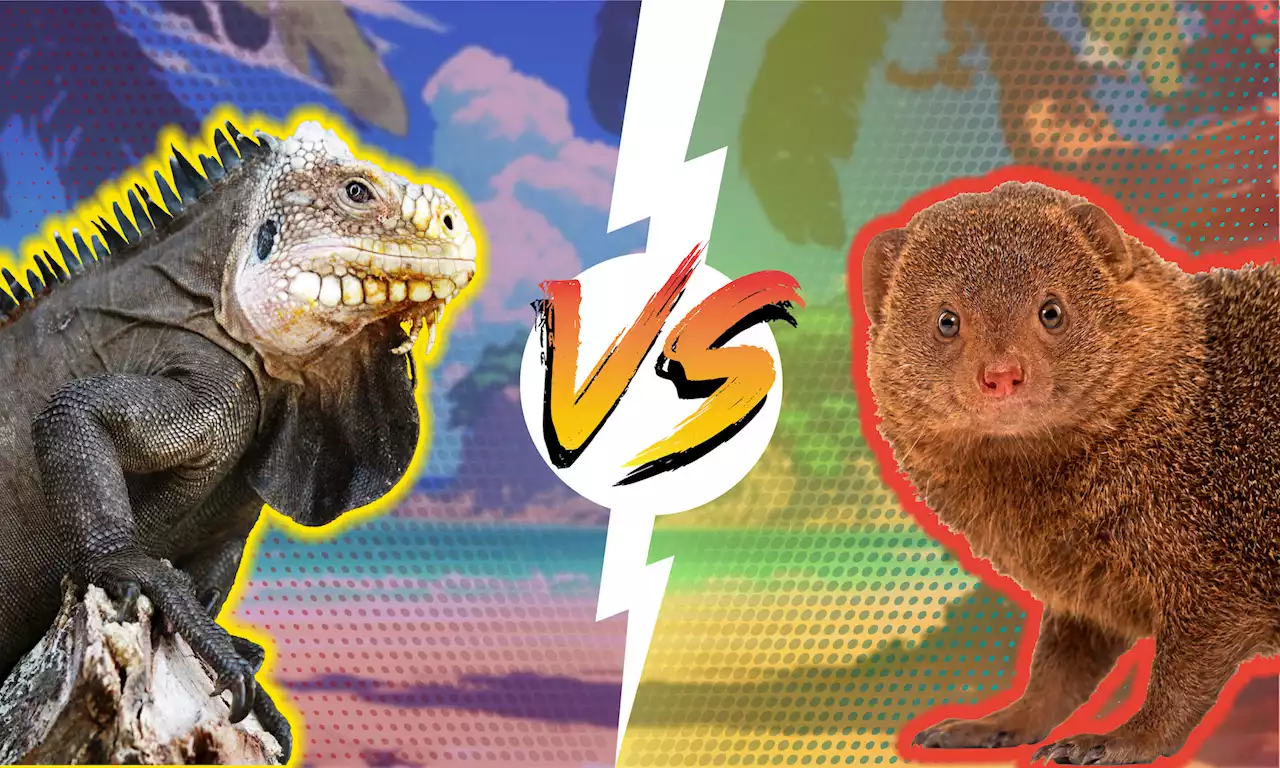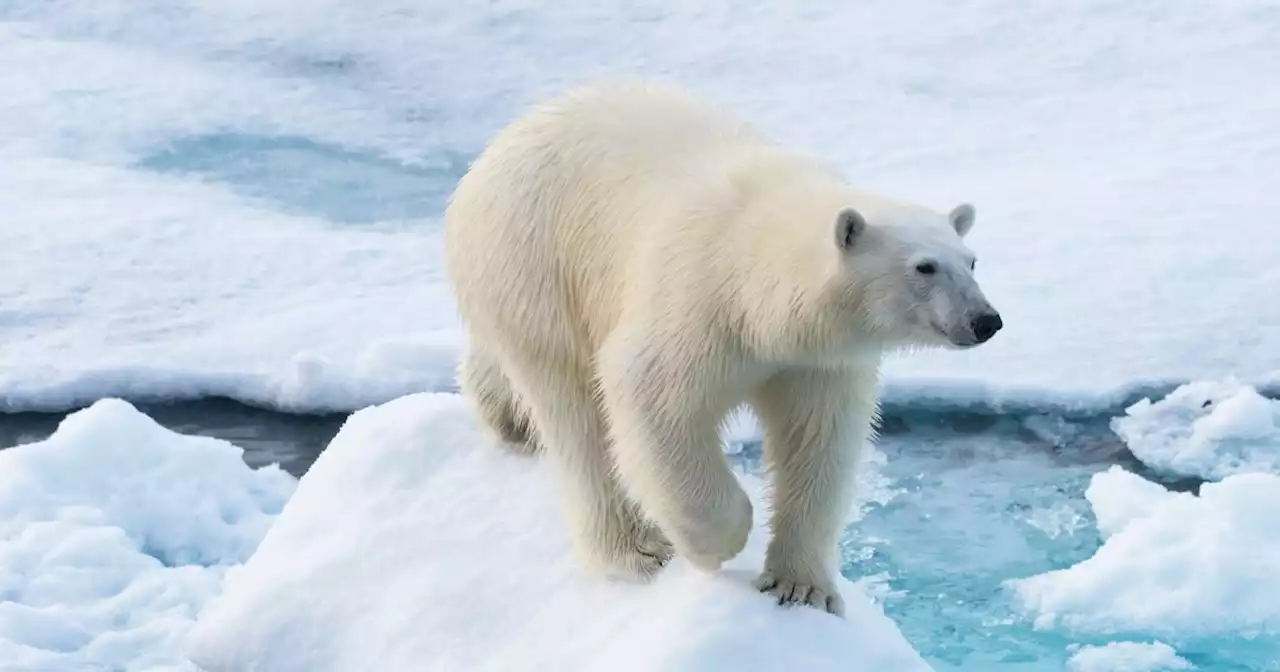Today on SAPIENS Two anthropologists explain how humans managed to not just survive but dominate northern climates despite evolutionary origins in—and hence, biological predispositions to—warmer environments.
would have had to travel about 800 kilometers south to make a meaningful difference.
It’s hard to imagine hominins surviving those ancient Norfolk winters without fire or warm clothing. Yet the fact the hominins were means they must have found a way to survive the cold, so who knows what archaeologists will find in the future.Sites from more recent settlements, such as Boxgrove in West Sussex, southern England, offer more clues about how ancient hominins survived northern climates. The
dates to nearly 500,000 years ago, when the climate deteriorated toward one of the coldest periods in human history.
United States Latest News, United States Headlines
Similar News:You can also read news stories similar to this one that we have collected from other news sources.
 Ancient humans used mastodon bones to hunt the giant beastsThe 13,900-year-old projectile point is likely the oldest evidence of early Americans hunting the giant beasts.
Ancient humans used mastodon bones to hunt the giant beastsThe 13,900-year-old projectile point is likely the oldest evidence of early Americans hunting the giant beasts.
Read more »
 Two Women Killed At Two Separate Homicides in Downtown Los AngelesTwo women were killed in two separate homicides that occurred Sunday in downtown Los Angeles.
Two Women Killed At Two Separate Homicides in Downtown Los AngelesTwo women were killed in two separate homicides that occurred Sunday in downtown Los Angeles.
Read more »
 Loss of reptiles poses threat for small islands where humans may have caused extinctionsA new examination of ancient and current species of reptiles conducted by a University of Texas at Austin paleobiologist reveals the serious impact of the disappearance of even a few species of reptiles in some island areas. The study, published in the Proceedings of the National Academy of Sciences, has startling conclusions about how, on smaller islands in the Caribbean where human impact was greatest, extinctions have led to the loss of up to two-thirds of the supports for the ecosystem that native reptile species once provided there.
Loss of reptiles poses threat for small islands where humans may have caused extinctionsA new examination of ancient and current species of reptiles conducted by a University of Texas at Austin paleobiologist reveals the serious impact of the disappearance of even a few species of reptiles in some island areas. The study, published in the Proceedings of the National Academy of Sciences, has startling conclusions about how, on smaller islands in the Caribbean where human impact was greatest, extinctions have led to the loss of up to two-thirds of the supports for the ecosystem that native reptile species once provided there.
Read more »
 Why Can’t Most Humans Drink Milk?From the Archives: A 3,200-year-old piece of cheese from Egypt is providing more evidence about how humans evolved to consume dairy products.
Why Can’t Most Humans Drink Milk?From the Archives: A 3,200-year-old piece of cheese from Egypt is providing more evidence about how humans evolved to consume dairy products.
Read more »
 'Extinct' Coronaviruses Still Thrive in North America, Just Not in HumansVariations in the SARS-CoV-2 virus that have not been detected in human beings for some time are still going strong in animal populations – specifically, in the white-tailed deer (Odocoileus virginianus) roaming across the state of New York in the...
'Extinct' Coronaviruses Still Thrive in North America, Just Not in HumansVariations in the SARS-CoV-2 virus that have not been detected in human beings for some time are still going strong in animal populations – specifically, in the white-tailed deer (Odocoileus virginianus) roaming across the state of New York in the...
Read more »
 Carnivores’ attacks on humans are becoming more common, and climate change isn’t helpingRising population has led to increased human encroachment on natural habitats, but climate change is also pushing some animals closer to population centers, experts say.
Carnivores’ attacks on humans are becoming more common, and climate change isn’t helpingRising population has led to increased human encroachment on natural habitats, but climate change is also pushing some animals closer to population centers, experts say.
Read more »
